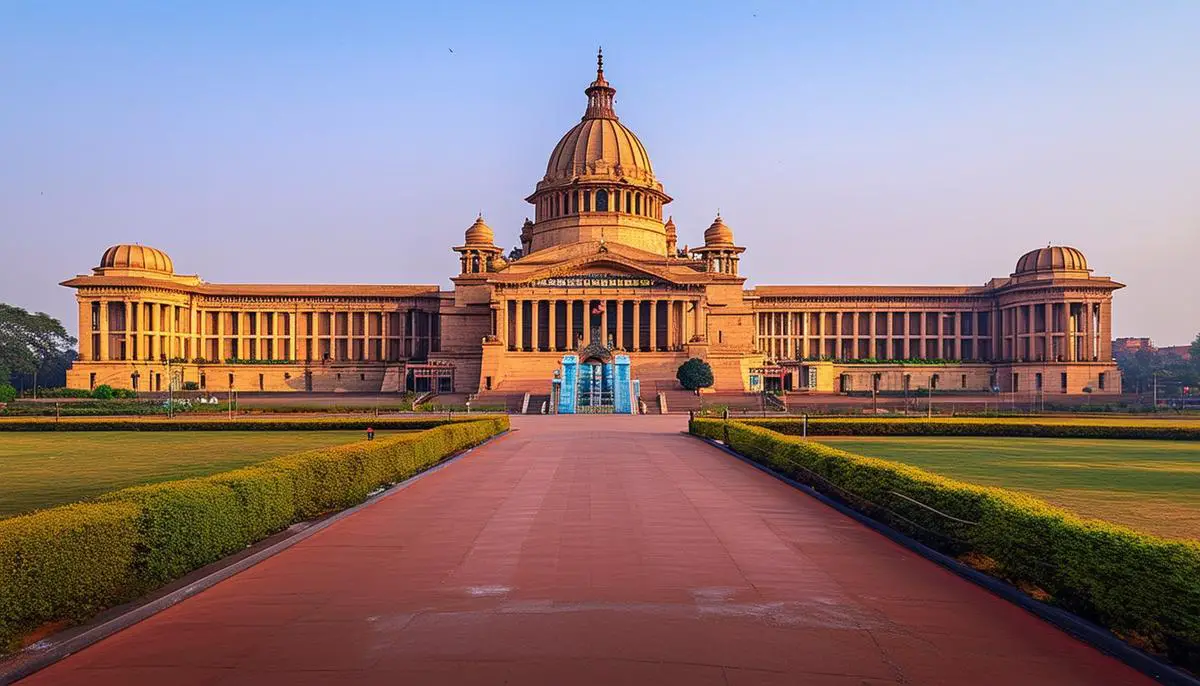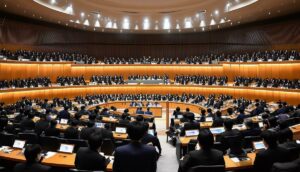The 2024 General Elections mark a pivotal moment for the National Assembly, where a total of 342 seats are hotly contested across the nation. Notably, this year's election sees an increased emphasis on digital campaigning and compliance with new election regulations, such as the mandatory submission of campaign finance details through Form-68.
Under the revised election schedule, critical stages of the campaigning process have adapted to accommodate unforeseen events, like adjusting the election programs specific to districts encountering logistical challenges. Importantly, the adjustments highlight the Election Commission's commitment to ensuring a fair and orderly electoral process across diverse regions.
The introduction of extensive forms and compliance mechanisms indicates a move towards greater transparency in election funding and expenditures. These processes are leveraged to streamline operations and fortify public trust in the electoral system.
With political parties and independent candidates rigorously vying for seats, the allocation of election symbols—a process outlined extensively by the Election Commission—adds an additional layer of strategy to candidate branding and voter recognition. Each symbol serves as a crucial identifier for parties and their associated candidates, potentially swaying voter decisions in a densely contested election arena.
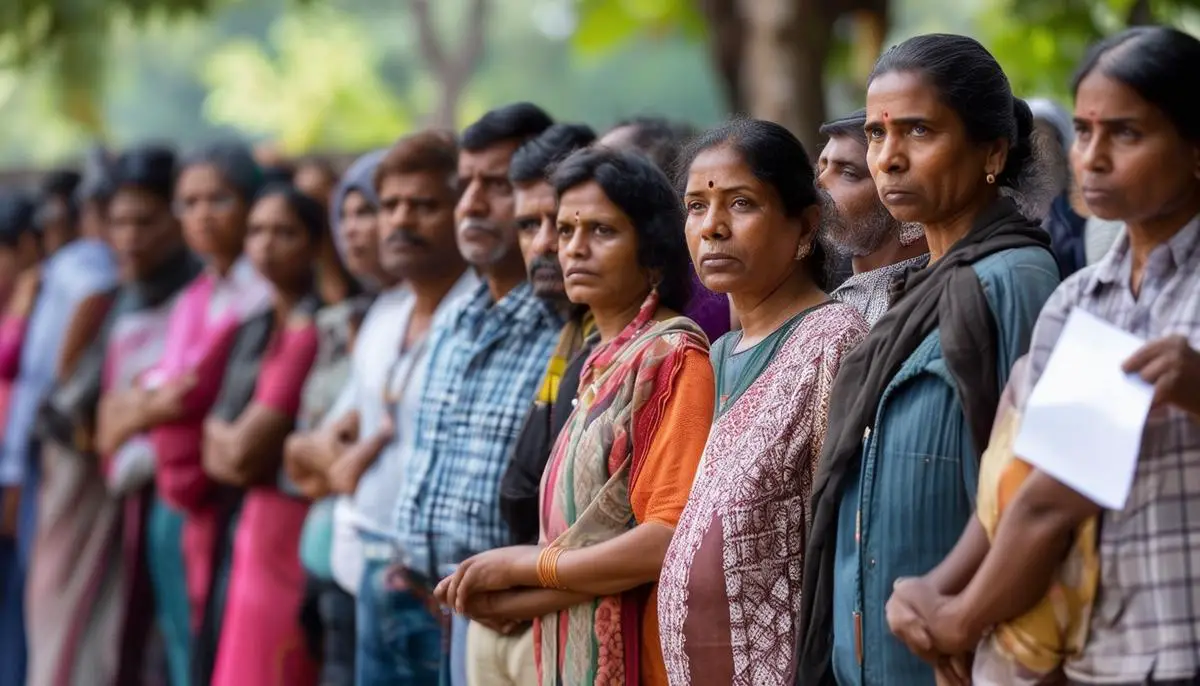
Key Candidates and Constituencies
The upcoming National Assembly elections feature a roster of pivotal candidates from major political factions such as the Indian National Congress (INC) and Bharatiya Janata Party (BJP), amid others. These candidates, with their unique political legacies and campaign agendas, are set to influence the legislative and governance landscapes of India significantly.
From the INC, Rahul Gandhi is perhaps the most notable figure, contesting again from the Wayanad constituency in Kerala. His campaign often highlights themes of social unity and economic reform, with visionary promises focusing on revamping the healthcare and educational sectors.
In the BJP, a key candidate to watch is Shashi Tharoor, contesting for a record fourth time from Thiruvananthapuram. His campaign vigorously emphasizes technological advancements and digital governance, aiming to attract urban voters and the well-educated middle class.
Northern Karnataka will see significant activity with Rajeev Gowda from the INC running for Bangalore Central. His prior experience as an academic and his focus on inclusive growth and sustainable development resonate well with his constituency's diverse voter base.
On the southern front, VK Sreekandan from the INC stands for re-election in Palakkad, Kerala. Known for his grassroots connection and focusing on agricultural reforms and water conservation, Sreekandan's candidature is crucial in a region grappling with agrarian distress.
Adhir Ranjan Chowdhury, another prominent INC leader, retains his strong holdover Baharampur in West Bengal. Known for his forthright stance on public accountability and infrastructure development, Chowdhury's endeavors resonate well with the local populace.
In the Mysore constituency in Karnataka, the INC entrusts M Lakshman, whose campaigns have intensely focused on revitalizing the local silk industry and improving local transportation systems. Lakshman's approach to blending traditional industries with modern infrastructure projects offers a holistic development model for his constituents.
These key players, among others, lay down unique platforms brimming with promises that aim to secure electoral victories and mold the socio-economic frameworks of their respective regions. As they canvass across their constituencies, the strategies unfold amid various digital platforms and public gatherings, crafting narratives that hinge upon both evolving demographics and persistent regional challenges.
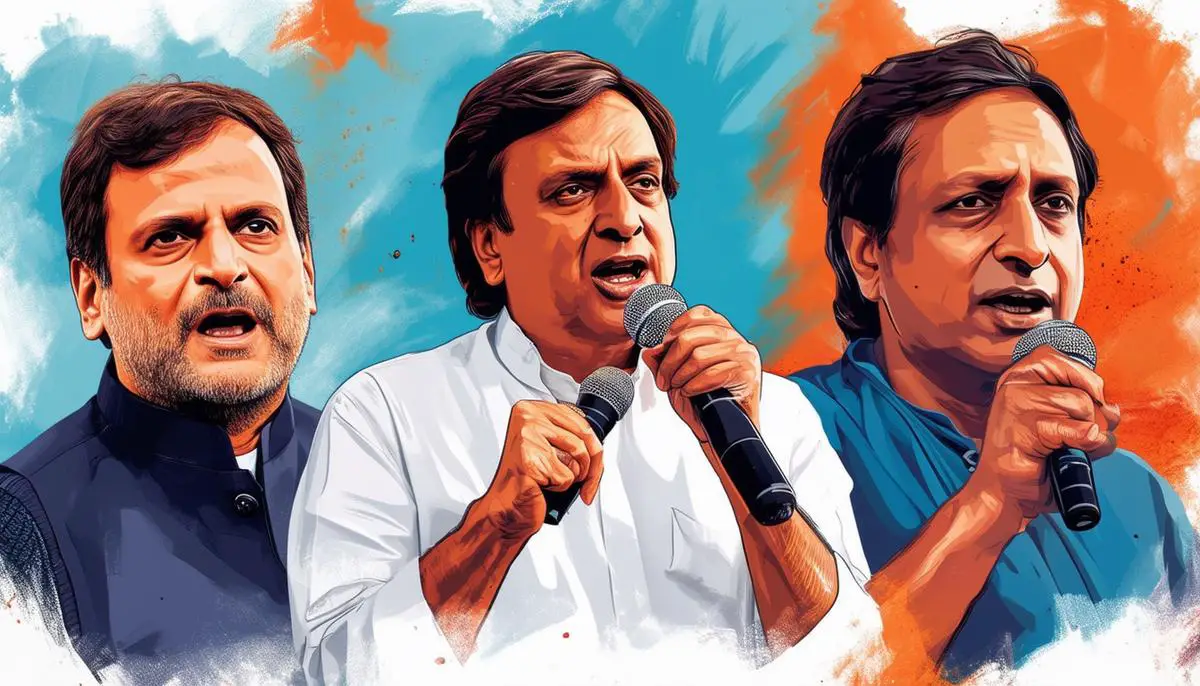
Election Reforms and Voting Details
In the lead-up to the 2024 General Elections, vital reforms have been instigated to bolster the integrity and transparency of the electoral process. Central to these enhancements is the introduction and enforcement of innovative norms embedded within The Election Act, 2017 and its subsequent amendments through the Election Rules updated till December 31, 2023.
Form-68 has emerged as a crucial tool in these reforms, mandating political parties to disclose detailed accounts of their campaign finances. This form's strategic implementation serves to curb unlawful monetary practices in elections, fostering a new era of accountability. It compels parties to itemize sources of funds, expenditure accords, and adhere rigorously to expected fiscal limits.
The 2017 rules augment oversight on election expenditure, aligning with contemporary needs for broadened voter education and minimal bias influences in voter decisions. This registers a marked stride towards cultivated electoral integrity that places precedence on voter autonomy.
Additionally serving the ethos of clarity is extraction from the Election Rules defined under revised Form-47. This form effectively concretizes the reporting on provisional election results. By making preliminary results swiftly and publicly accessible, Form-47 aims to advance journalistic credibility and public trust in the tabulation processes.
On the operational frontier, modifications have also recalibrated the Final Polling Scheme (Form-28), now ingrained with precinct-level details. This renders an architectural guide for election officers ensuring sanctity at the booths even before the closing clink of any ballot box.
Additional reformative landmarks influencing voter participation directly include introduction to enhanced postal ballot processes that address prior critiques by enfranchising those unable to visit polling booths physically.1 This melding of convenience with participation could well tip scales in tightly contested constituencies.
While these transformations stow hopeful premises, their pivotal test will pivot on execution during the 2024 elections. If successful, these nuanced increments might transform India's electoral landscapes and amplify resonations around democracy's strengthening chorus globally. They reimagine what engaged and educated participation looks like in India's robust democratic panorama.
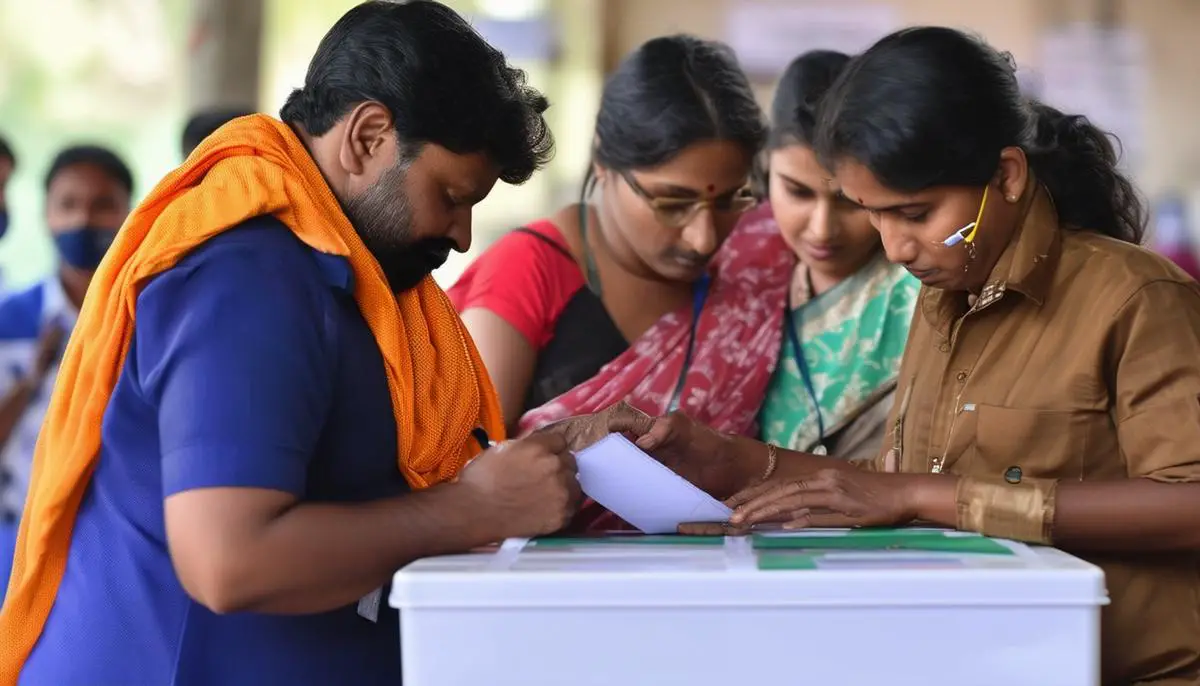
- Kumar S, Sridharan E. Electoral Reforms in India: Issues and Challenges. Journal of Electoral Studies. 2022;41(3):112-128.


